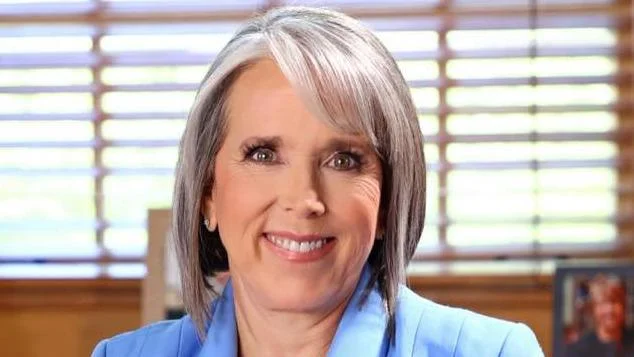New Mexico Governor Michelle Lujan Grisham has signed four emergency bills allocating $162 million in state funds to address the impact of recent federal cuts to food assistance and health care programs. The legislation, enacted during a special session called by the governor, aims to maintain essential services for residents across the state.
“When federal support falls short, New Mexico steps up — that’s our commitment to families who depend on these services,” said Lujan Grisham. “This funding protects the basics: food security, affordable health care, and access to care.”
House Bill 1 directs $162 million in emergency funding toward several areas affected by reduced federal aid. The Health Care Authority will receive $66 million, including allocations for maintaining SNAP benefits, supporting food banks and school-based programs, retaining staff at major universities, upgrading IT systems, supporting nonprofit clinics, and reducing health insurance costs on the state exchange. Additional provisions include transferring $30 million into an emergency contingency fund and $50 million into a rural healthcare fund. The bill also provides funds to close budget gaps at the Regulation and Licensing Department and protect public broadcasting.
To manage these expenditures without depleting reserves, the state is reclaiming $120 million in unspent money from a previous Health Care Authority budget. This measure helps keep New Mexico’s financial reserves at 32% of annual spending.
House Bill 2 focuses on expanding eligibility for state-subsidized health insurance through the Health Care Affordability Fund by removing income caps above 400 percent of the federal poverty level. This change anticipates the expiration of enhanced federal premium tax credits at the end of 2025—a shift that could otherwise increase insurance costs for about 6,300 residents. The law also gives officials greater authority to respond if future federal actions reduce Medicaid or marketplace coverage options.
Senate Bill 1 transfers $50 million from general funds to support rural healthcare delivery in high-need areas and tribally operated facilities. Grants can be used both to stabilize existing services at risk due to funding shortages and help launch new ones.
Senate Bill 2 allows metropolitan court judges immediate authority over criminal competency proceedings—a move intended to ease administrative burdens on district courts and improve access to behavioral health services.









